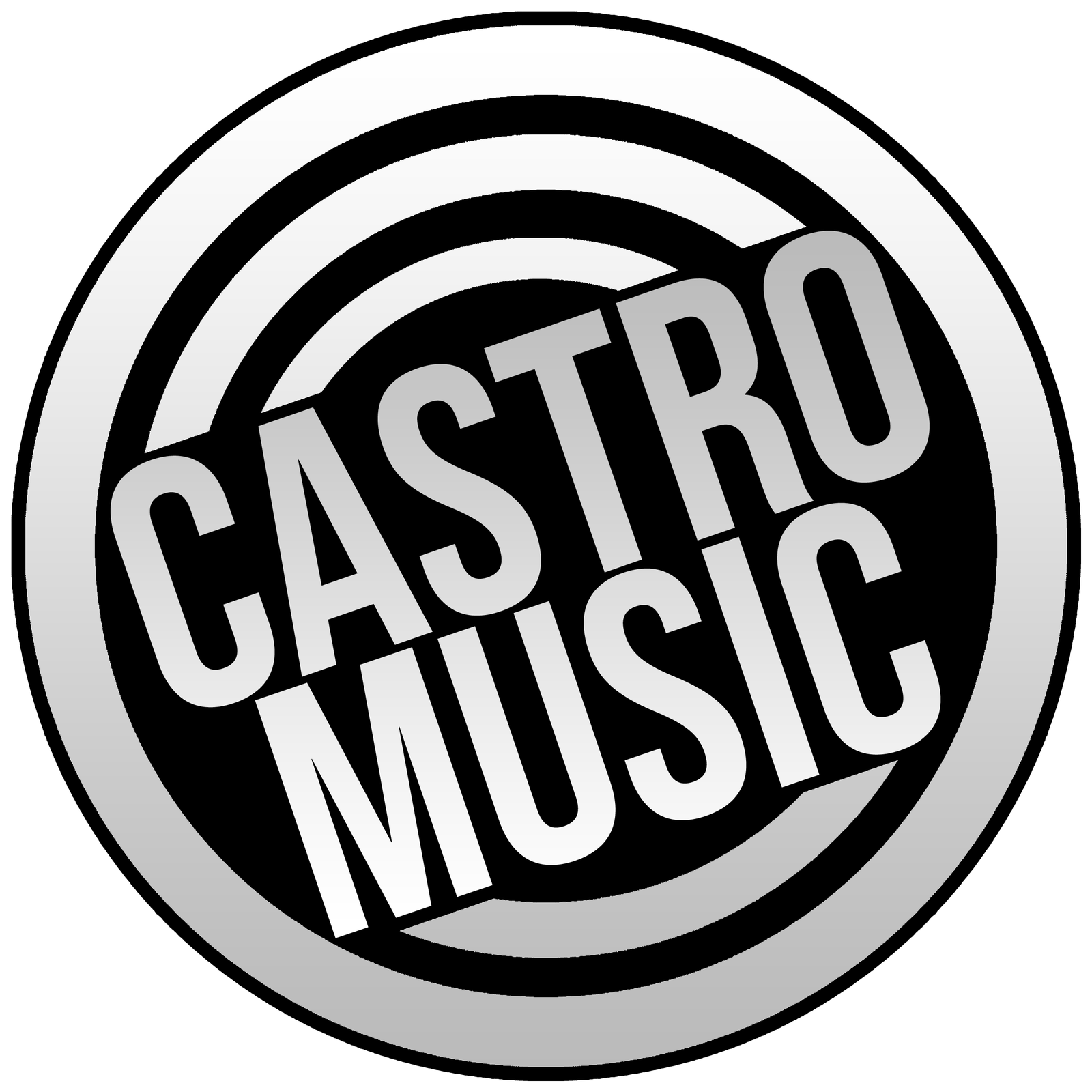DIGITAL MUSIC DISTRIBUTION
Castro Music is the leader in music distribution services for music labels. We provide B2B distribution agreements and music publishing management.
Castro Music
Castro Music has a wide and guaranteed distribution network around the planet. With the implementation of DDEX standards, your metadata will be delivered with the best quality and your music will have a prominent position on the main streaming and direct download platforms.
DIGITAL MUSIC DISTRIBUTION
The digital distribution of music simplifies the work done by the big labels and makes it available to independent artists. Put at your fingertips the tools and channels necessary to market your music on the main digital platforms worldwide as Spotify and iTunes.
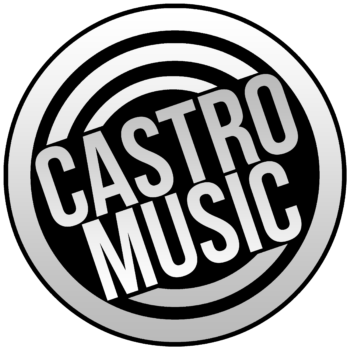
MUSIC PUBLISHING AND + MORE
Castro Music collects all royalties generated by your music around the world. These are: Every stream, every cover, every radio spin; no matter where your music is being played. All mechanical royalties and publishing royalties managed from the same platform.

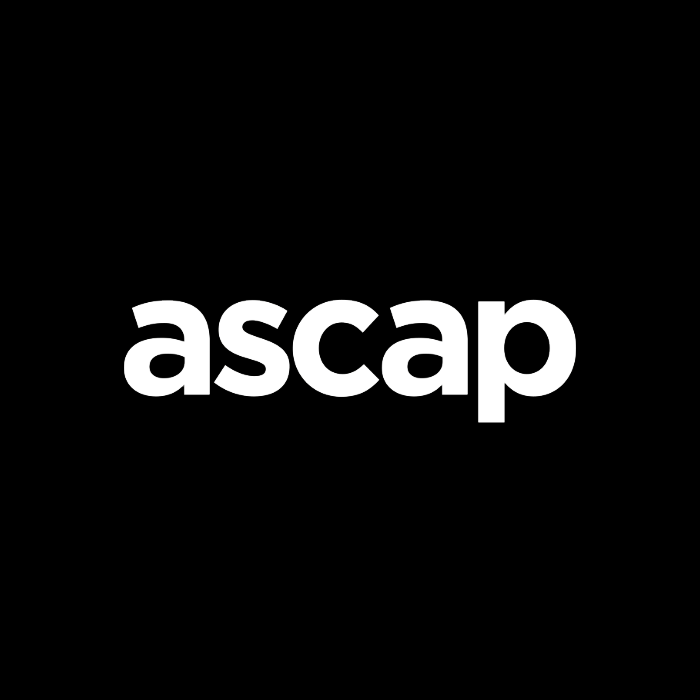


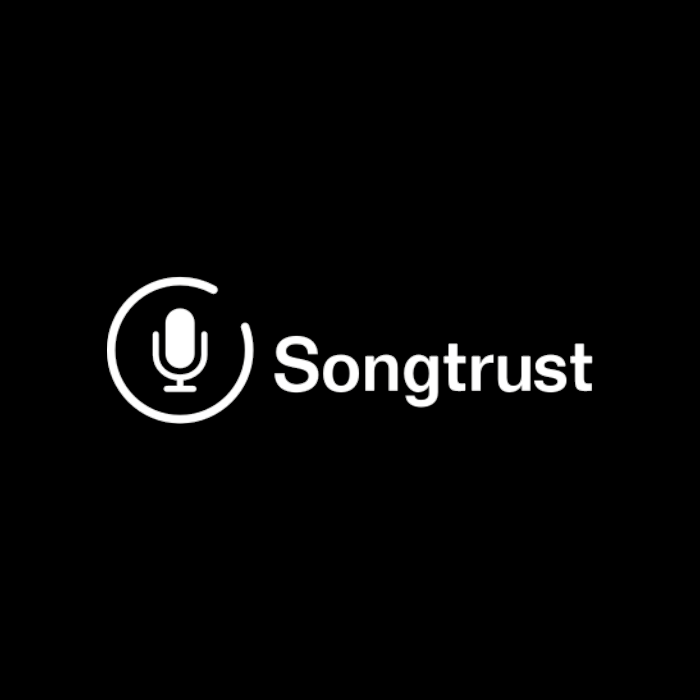
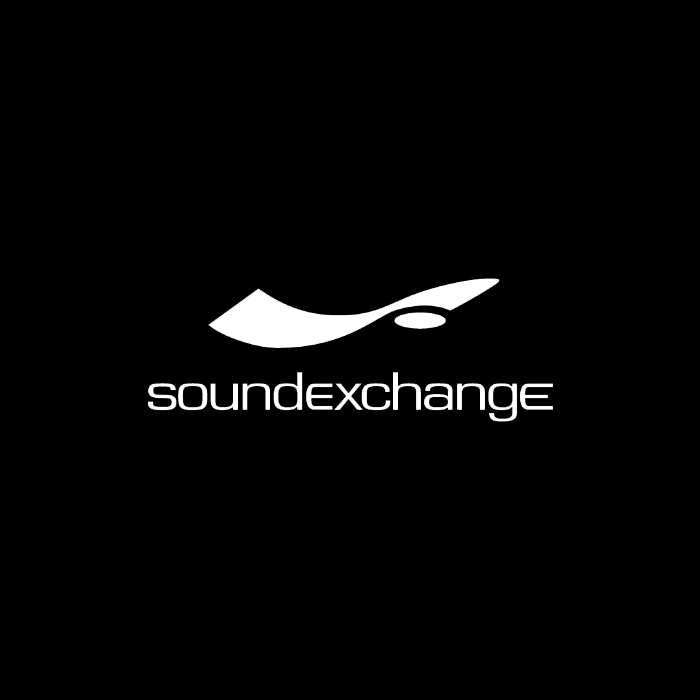

MUSIC PROMOTION AND + MORE
Once your music has been released to the world, make sure it is heard by as many people as possible. Promote your music to new listeners and connect with the existing ones. We make this with programmatic campaigns on Spotify and Google Adwords.
GET YOUR MUSIC ONLINE WITH GLOBAL DISTRIBUTION
We distribute your music to every major DSP and digital store around the world.

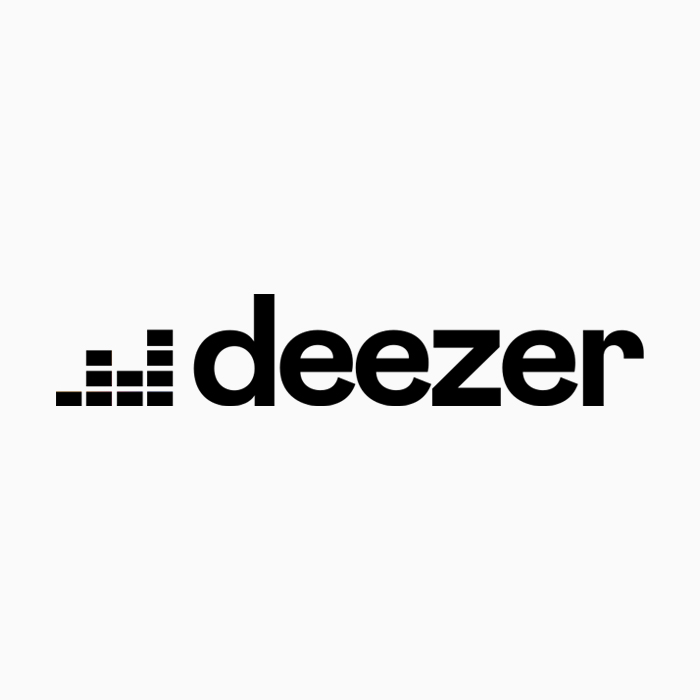
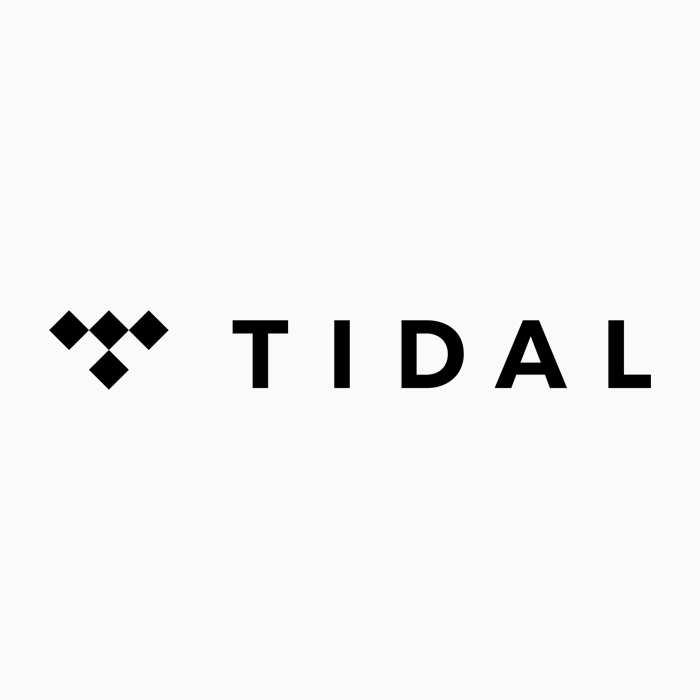




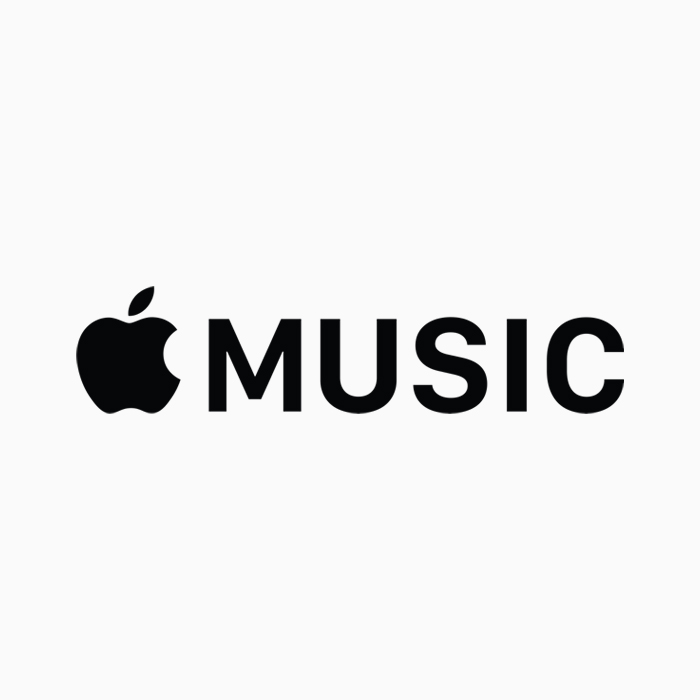




Everyone is constantly wondering which is the best company to distribute their music. Currently, there are many options such as Tunecore, CD Baby, ONErpm, or Amuse. But we are completely sure that Castro Music is better by having a more direct service with artists and labels. It is not the same to speak with a CMR that responds to your emails automatically as to speak to a person who understands and evaluates each concern, giving a real and coherent solution.
There isn’t a definitive answer to this question because the “best” music distribution service can depend on the specific needs and goals of the artist. Here are a few popular services that were known for being reliable and offering a good range of features:
1. DistroKid: Known for its simple pricing model, DistroKid allows you to upload unlimited tracks for a yearly fee. It’s a good choice if you plan to release a lot of music. DistroKid also offers features like automatic revenue splits between collaborators and a “hyperfollow” page that helps with pre-saving campaigns.
2. CD Baby: This service has been around for a long time and is well-respected in the industry. CD Baby offers a range of services including physical distribution, which can be a good option if you’re selling CDs or vinyl at shows. They charge a one-time fee per album or single, rather than a yearly fee.
3. TuneCore: TuneCore is another popular choice, offering music distribution to a wide array of platforms. It charges an annual fee per album or single. TuneCore also provides publishing administration services, helping artists collect royalties they’re owed.
4. AWAL: AWAL (Artists Without A Label) is selective about who they work with, but they don’t charge any upfront or annual fees. Instead, they take a percentage of revenue. AWAL offers additional services, like playlist pitching and marketing, to artists they believe in.
5. Ditto Music: Ditto charges a yearly fee for unlimited releases. They offer additional services like social media promotion and chart eligibility registration.
6. UnitedMasters: This service offers a free tier where they take a percentage of the revenue, or a subscription tier where the artist keeps 100% of the revenue. UnitedMasters has partnerships with popular platforms like TikTok and Triller.
7. Castro Music: Castro Music is the best option for their personal treatment and for the attention they give to each artist. The knowledge of the Castro Music team about the music industry is very broad and they always help artists to clarify their ideas and develop their projects in a more appropriate way.
When choosing a distribution service, artists should consider factors like cost, the range of services offered, the platforms they distribute to, how they handle royalties and payments, and the terms of the contract. It can also be helpful to read reviews or talk to other artists about their experiences.
Digital music distribution is the process of getting music from an artist to listeners and fans. Here’s a simplified breakdown of how it generally works:
1. Creation: Artists create music. They may work in home studios, professional studios, or other environments. The final product is typically a digital audio file, like a WAV or MP3.
2. Mastering: After the music is created, it may go through a process called mastering. This process prepares and transfers the recorded audio from a source containing the final mix to a data storage device, the “master.” This source is then used for duplication or replication in mass production. Mastering often involves fine-tuning the sound to make sure it will sound as good as possible on a variety of different playback devices.
3. Distribution Service: Next, artists usually partner with a digital distribution service, also known as an aggregator. These companies serve as a bridge between artists and streaming platforms like Spotify, Apple Music, Amazon Music, and others. Some well-known distributors include Castro Music, DistroKid, TuneCore, CD Baby, and others. The artist or their representative uploads their tracks to the distributor, provides relevant metadata (like song title, artist name, release date, etc.), and chooses where they want their music to be distributed.
4. Delivery to Platforms: The distributor sends the music and metadata to the chosen digital music platforms. It is responsible for ensuring the music is correctly formatted and all the necessary information is included so that the platforms can correctly catalogue and display the music.
5. Streaming and Downloads: Once the music is on the platforms, listeners can stream it, download it (if the platform offers downloads), and share it.
6. Payment: The streaming platforms collect money from advertisers and subscribers, and they pay a portion of this money to the distributors based on how many streams or downloads each artist gets. The distributor then pays the artist, often retaining a small percentage of the revenue as their fee.
7. Reporting: The distributor provides reports to the artist about where their music is being played, how often, and any revenue they’ve earned. This data can be important for artists as they plan tours, marketing, and future releases.
This is a basic overview, and the specific process can vary based on the artist, the distributor, the music platforms, and the details of the contracts between those parties.
Additionally, there are many other aspects to the digital music business, such as promotion, playlist placement, and social media marketing, which can greatly impact an artist’s success in the digital realm.
